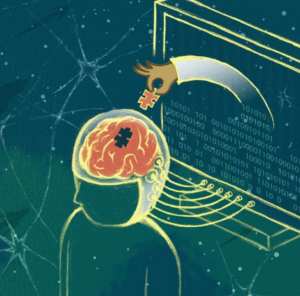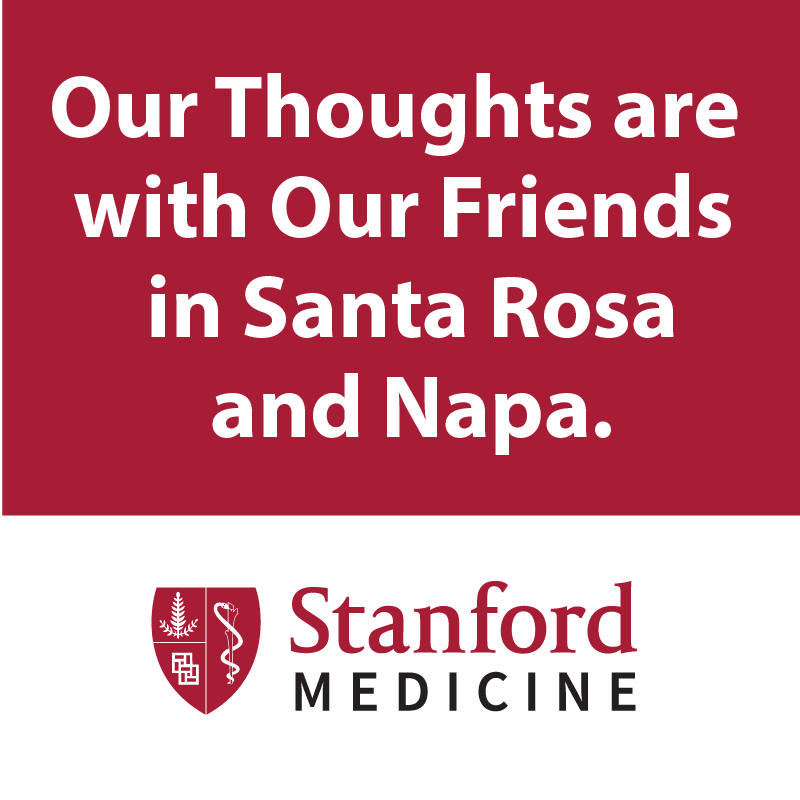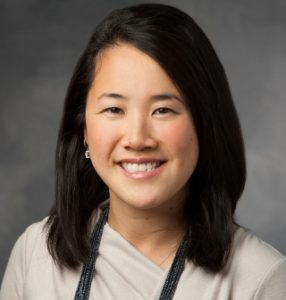 David Spiegel, MD, will discuss “Stress, Health and Hypnosis” at the Stroke Support Group on November 1, from 6:00-7:00pm at the Stanford Neuroscience Health Center, 213 Quarry Road, Wellness Room 1511, Palo Alto 94304. Those caring for someone with Parkinson’s are also encouraged to attend to learn more about dealing with stress, health issues and the use of hypnosis. This event is free, but advance registration is required. Call 650.721.8500 to learn more, and to register.
David Spiegel, MD, will discuss “Stress, Health and Hypnosis” at the Stroke Support Group on November 1, from 6:00-7:00pm at the Stanford Neuroscience Health Center, 213 Quarry Road, Wellness Room 1511, Palo Alto 94304. Those caring for someone with Parkinson’s are also encouraged to attend to learn more about dealing with stress, health issues and the use of hypnosis. This event is free, but advance registration is required. Call 650.721.8500 to learn more, and to register.
Archives for October 2017
Stanford News: Stanford scientists seek to speak the brain’s language to heal its disease
 Brain-machine interfaces now treat neurological disease and change the way people with paralysis interact with the world. Improving those devices depends on getting better at translating the language of the brain.
Brain-machine interfaces now treat neurological disease and change the way people with paralysis interact with the world. Improving those devices depends on getting better at translating the language of the brain.
12 Ways Having Parkinson’s In Your Twenties And Thirties Changes Your Life
 Excerpt: “There are more of us than you’d think juggling the condition with careers, young families, travel aspirations.”
Excerpt: “There are more of us than you’d think juggling the condition with careers, young families, travel aspirations.”
Our thoughts…
Our thoughts are with the Parkinson’s community in Santa Rosa, Napa, and surrounding areas. We already know of two homes lost but we hope there’s no loss of life or serious injury in our community. Keep us posted.

Stanford Behavioral Neurologist to talk about clinical treatment of progressive supranuclear palsy and corticobasal syndrome at family conference, October 28, Foster City
 Sharon Sha, MD, a behavioral neurologist at Stanford, will be talking about clinical treatment of progressive supranuclear palsy (PSP) and corticobasal syndrome (CBS) at Brain Support Network’s PSP/CBD Research Update and Family Conference on Saturday, October 28th, 8am to 5pm, at the Crowne Plaza Foster City. RSVP is required.
Sharon Sha, MD, a behavioral neurologist at Stanford, will be talking about clinical treatment of progressive supranuclear palsy (PSP) and corticobasal syndrome (CBS) at Brain Support Network’s PSP/CBD Research Update and Family Conference on Saturday, October 28th, 8am to 5pm, at the Crowne Plaza Foster City. RSVP is required.